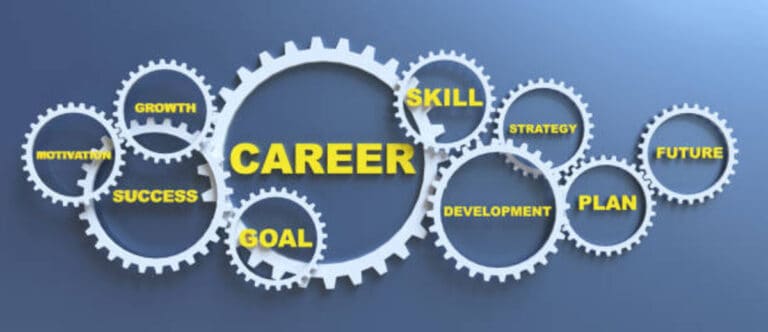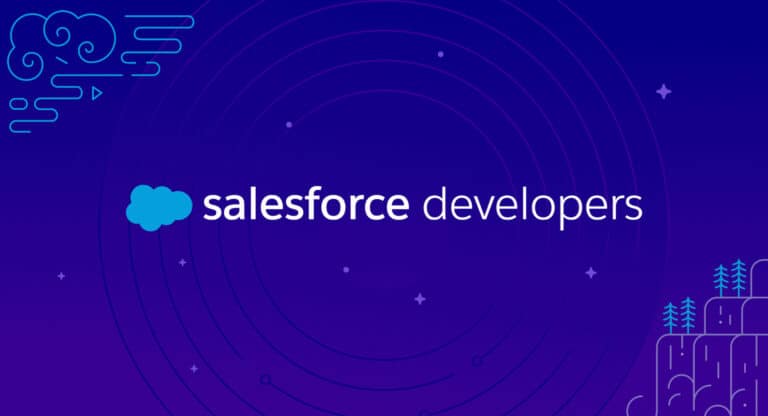PLC Programmer Job description and Salary
Check out PLC Programmer Job Description and Salary. Also, this article discusses some of the skills required by a PLC Programmer.
A computer or computer system called a PLC (programmable logic controller) is used to automate and control the manufacturing process. Consequently, a PLC programmer is a specialist skilled in creating and developing such systems.
We shall talk about the duties and pay of a plc programmer. You learn more about what it involves to become a PLC programmer. Still, we’ll talk about it after describing what PLC programming encompasses.
Advertisement
What is PLC Programming?
PLC programming gained popularity after being used for the first time in the automobile industry to assemble and mass-produce cars and their components.
We now have plc programming in most cases where mass production or complex processes are involved.
Also, check out Armored Truck Driver Salary.
Automation is the new order of the day, and PLC is doing well enough to improve it in the manufacturing industries.
Depending on what it is used for, PLC can be in simple or complex form.
Advertisement
Why PLC Programming
The pros of PLC programming are what we will discuss in this section. PLC has many pros, but we will take a peek at a few.
- PLC programming helps simplify complex processes and remove redundant ones.
- Unlike the relay systems the PLC replace, they are easier to troubleshoot because they contain fewer components.
- In terms of durability, PLC systems are excellent.
- There is a faster response time to internal commands encrypted in the PLC systems.
- PLC can thrive in a harsh work environment
- The energy consumption in PLC is minimal.
- Another advantage is the cost which is a great deal as it costs less to assemble the components.
- It is easier and faster to install because it does not have many wiring systems.
Who is a PLC Programmer
PLC programmers design and code the internal logic and commands that control PLCs. Automation is an integral part of the industrial manufacturing process; hence, someone must create and manage the PLC systems.
What does a PLC Programmer do?
PLC programmers perform many duties depending on the nature, complexity, and specializations. We will highlight some of the typical duties of a PLC programmer. The following are the duties.
Design Control Programs for the PLC
PLC programmers design the control programs to specify how each component will respond to each other and internal commands, including how it interacts with other systems in the automation ecosystem.
In designing the control programs, they carefully create a schematic drawing to highlight the flow and response to instructions and interactions. As a PLC programmer, it is essential to be able to create, read and interpret schematic drawings.
Troubleshooting
PLC programmers run diagnostic tests whenever there are faults in the PLC systems. They identify the compromised areas and run the necessary repair, upgrade, and maintenance. Each test is used to ascertain whether the system is efficient or reliable.
Technical Support
As a PLC programmer, one works in IT support or essential personnel to the department. It is part of the duties to provide consultancy and recommendation services to the department on challenging issues regarding the PLC systems.
Training and Orientation
PLC programmers train junior colleagues and interns on installing, repairing, and maintaining the PLC systems and the related components.
Also, they provide orientation education for the non-technical users of the systems on how best to use the system efficiently.
Draft documentation
Manual guides, technical guides, and other relevant documentation are used for technical support for the PLC technology’s technical and non-technical users. Therefore, a PLC programmer participates in the writing and updating of these documents.
Installation and Testing
PLC programmers must set up PLC systems, especially where large-scale manufacturing is involved. They visit the locations to determine how to map them and how best fit to assemble them. After installation, they conduct testing to ensure the system is functioning effectively.
How to become a PLC programmer
Becoming a PLC programmer involves getting a degree in computer science, mechanical or electrical engineering. There are also opportunities available to get certifications to boost the resume.
Also, check out Purchasing Jobs and their Salaries.
Furthermore, training to develop practical programming skills is also a wise idea. One can take either the self-taught route or apply for an internship or other form of training.
Lastly, the best way to hone your skills is through practice, which goes a long way to help in the quest to become a PLC programmer. Get your hands dirty, source information, volunteer for projects, and attend tech workshops and meetings to network.
PLC Programmer Skills
In this section, we will discuss the skills a PLC programmer needs.
Programming skills
A PLC programmer must understand basic and advanced programming skills. In addition, they must know how to use it to build logic, circuits, and algorithms to manipulate the hardware and the software in the PLC systems.
A word of advice: learning multiple languages related to PLC programming is good. Doing this will empower one with the expertise to solve problems using different programs.
Networking Skills
Networking skills are also part of the skills essential for a PLC programmer. With this skill, a PLC can connect several devices in the PLC systems by establishing a network protocol. There will be seamless communication forth and back between them in the PLC system.
HMI Skills
A PLC programmer must know how to work with HMI (human-machine interface). It links the programmer and the control system in the PLC.
Calmness
On the list of skills is calmness, the ability to work under challenging and emergencies with poise.
Analytical skills
A PLC programmer must know how to gather data and relevant information, analyze them and draw actionable conclusions from them.
SCADA Design
A PLC programmer must know about SCADA (supervisory data control and acquisition) systems. In addition, they must know how to design, develop and commission it for the use of various industrial processes.
PLC Programmer Salary
It is an exciting discussion when the topic of money is mentioned. One cannot argue that money is not a good motivation. The average Salary of a PLC programmer in a year is $73,128, per the reports on Salary by Glassdoor.
Final Notes on PLC Programmer Job description and Salary
The technological field of PLC programming offers a variety of options. Because it influences the industrial sector, it is a fascinating vocation with many opportunities.
The article has appropriately emphasized the job description and compensation range for anyone interested in the field. I hope this will make it easier for you to program PLCs.
Before you go, check out A Cinematographer’s Salary.






